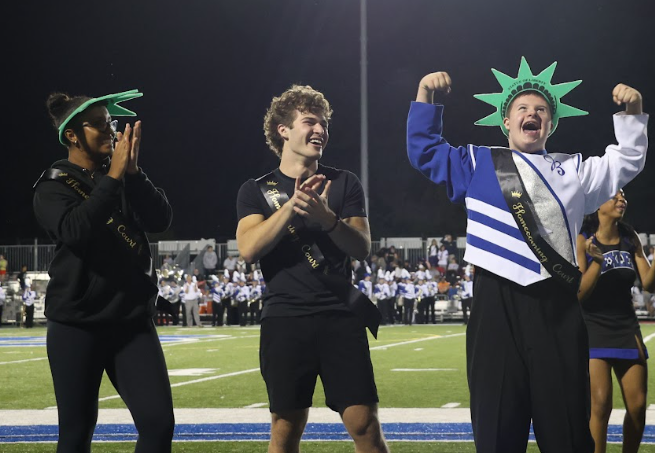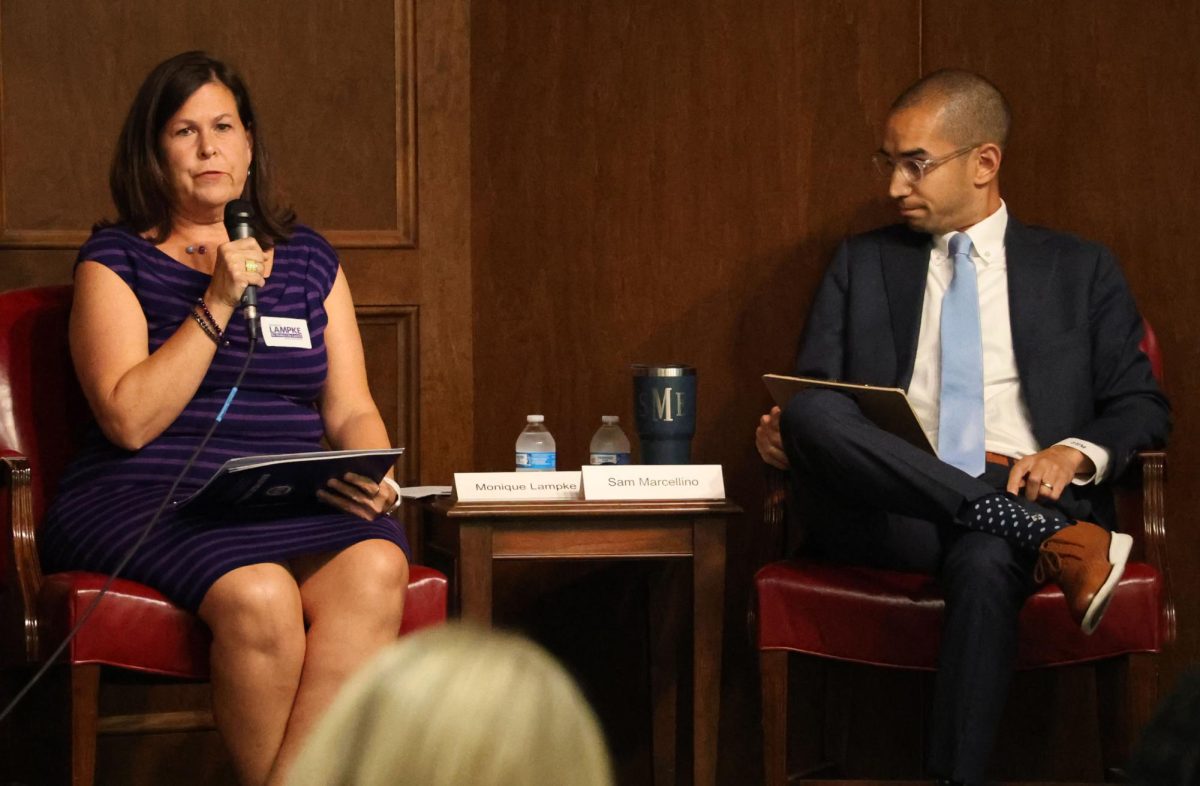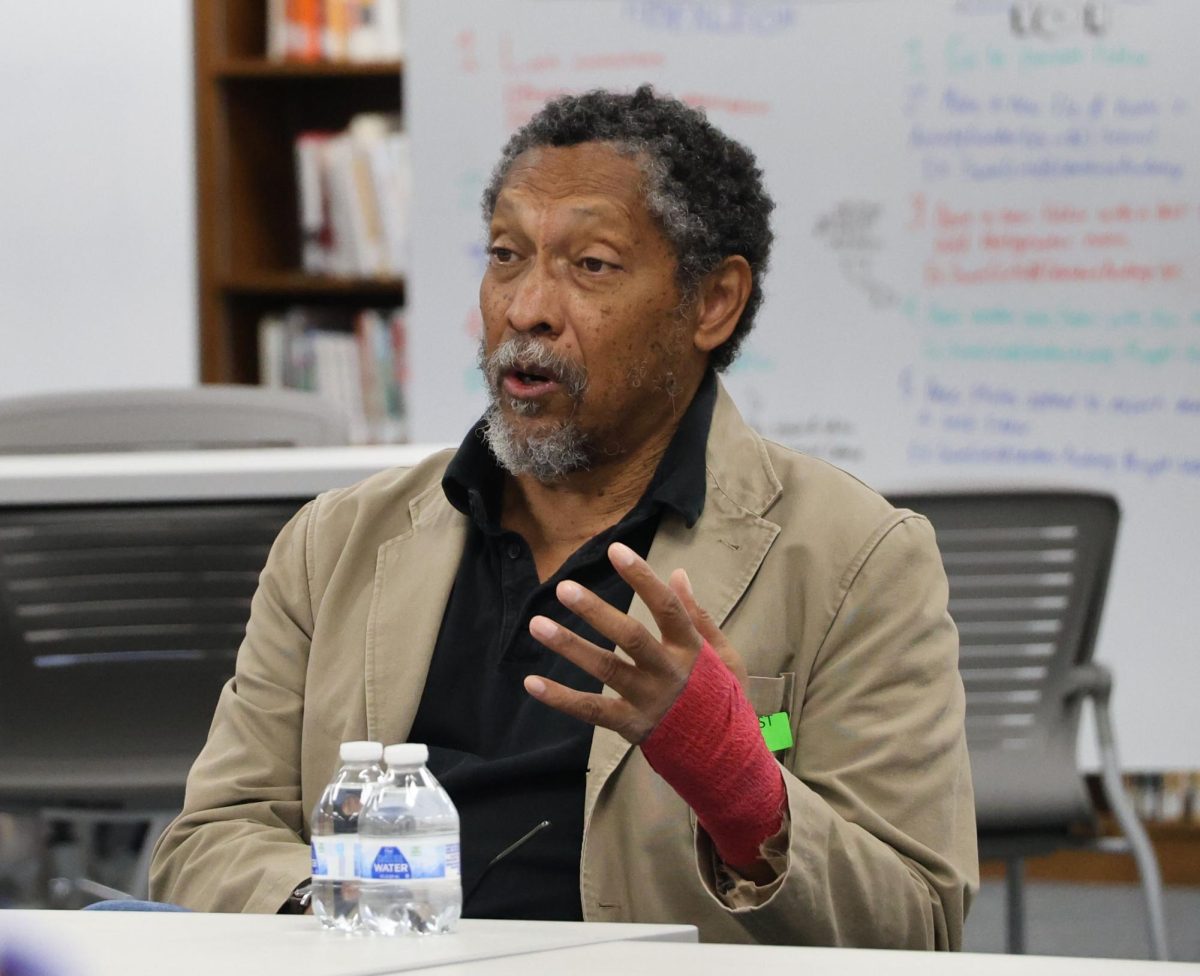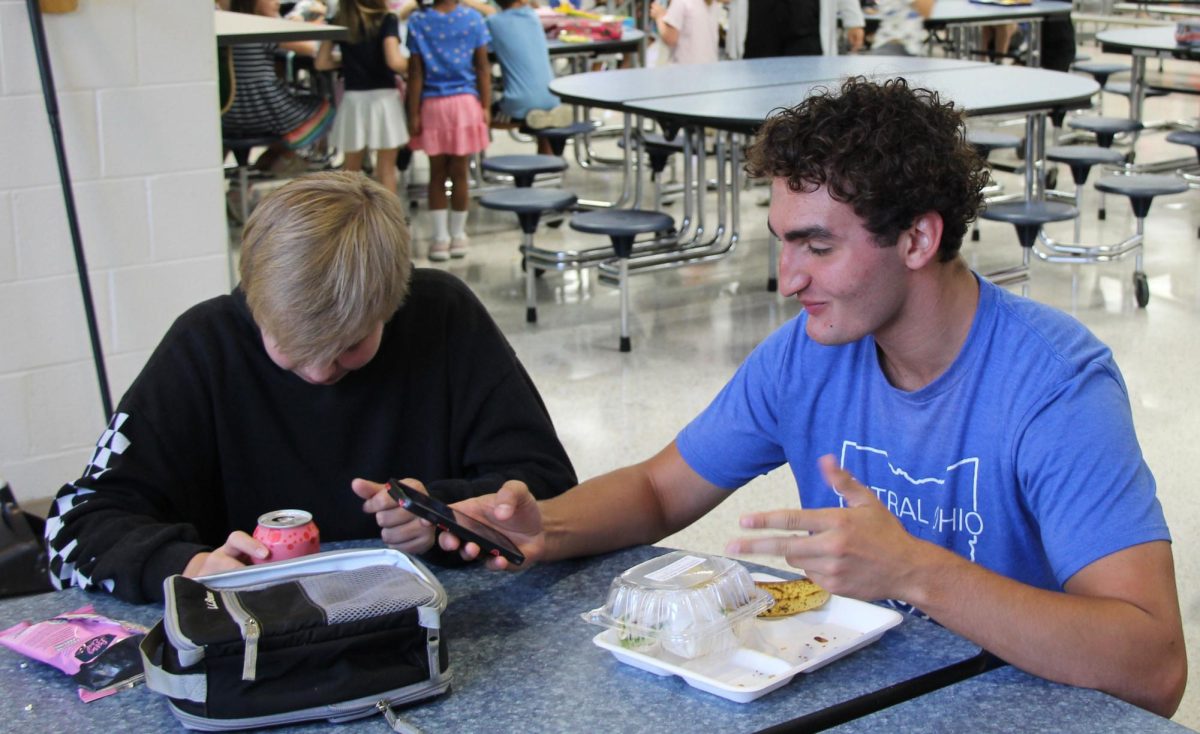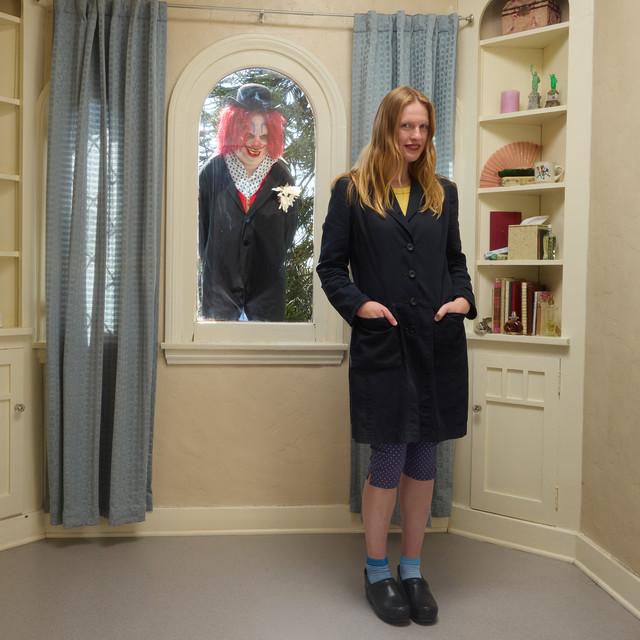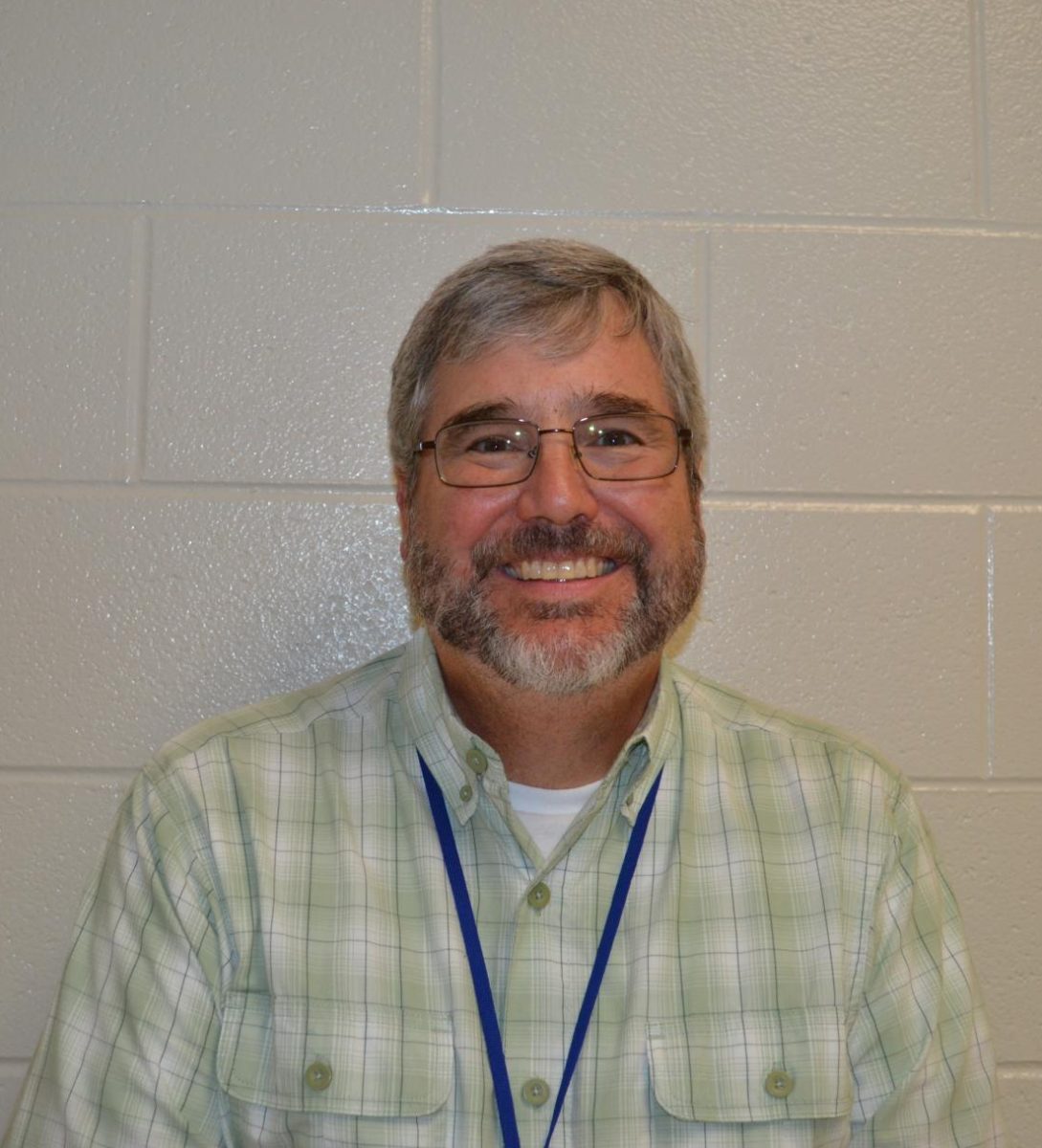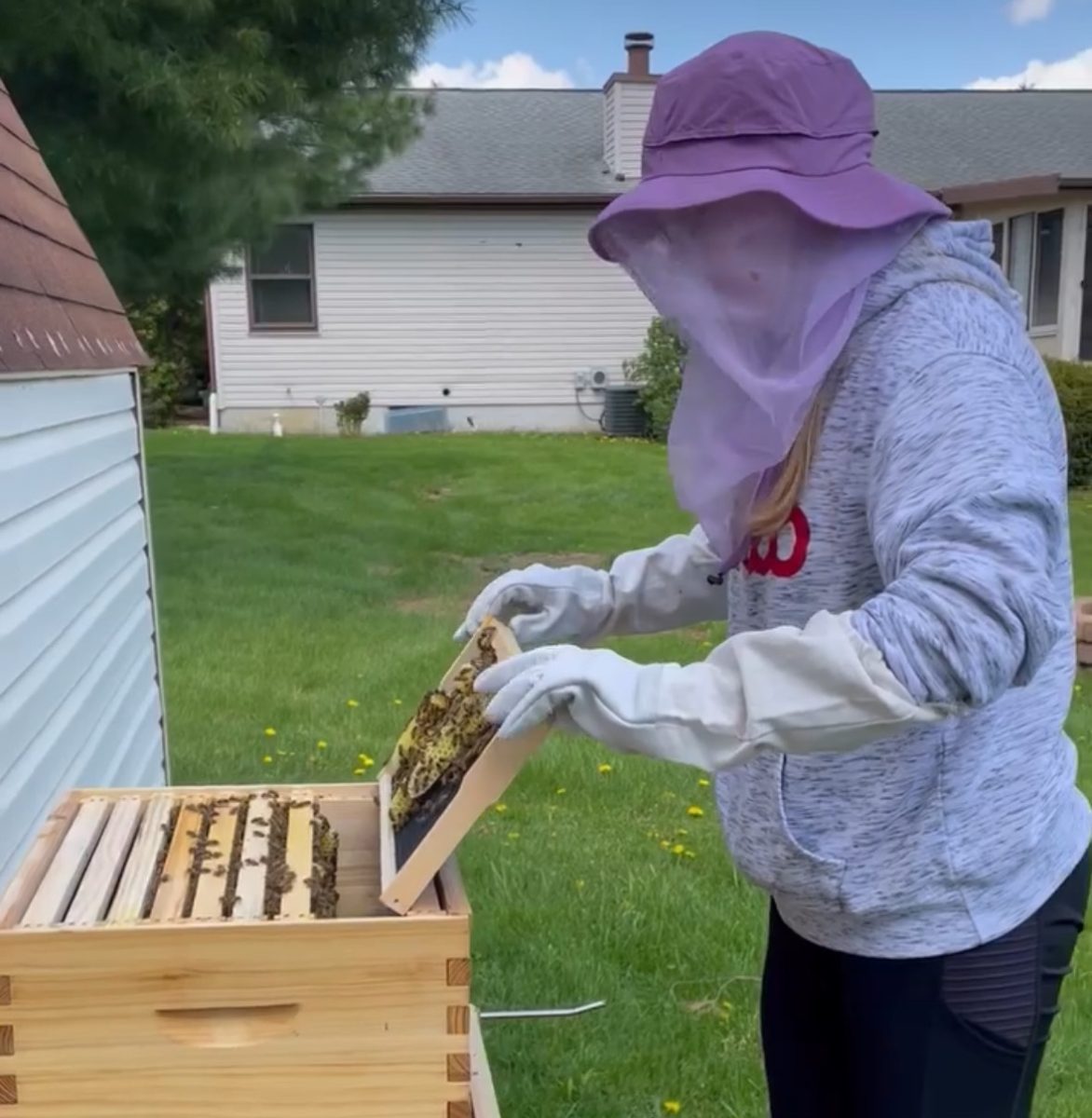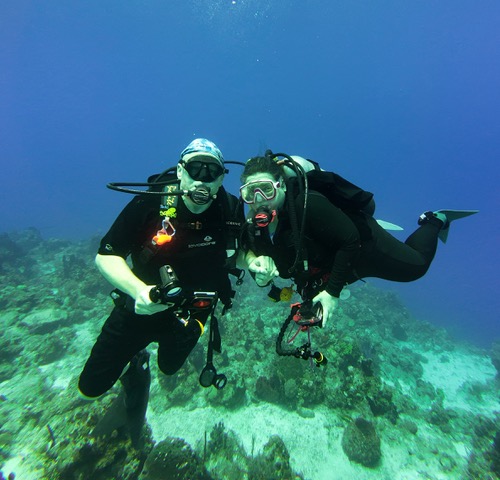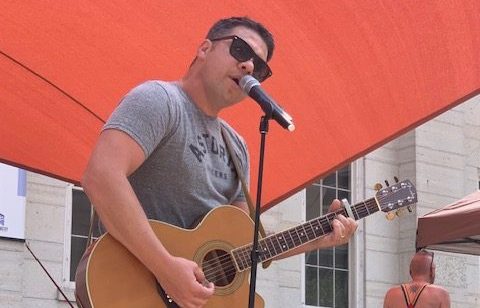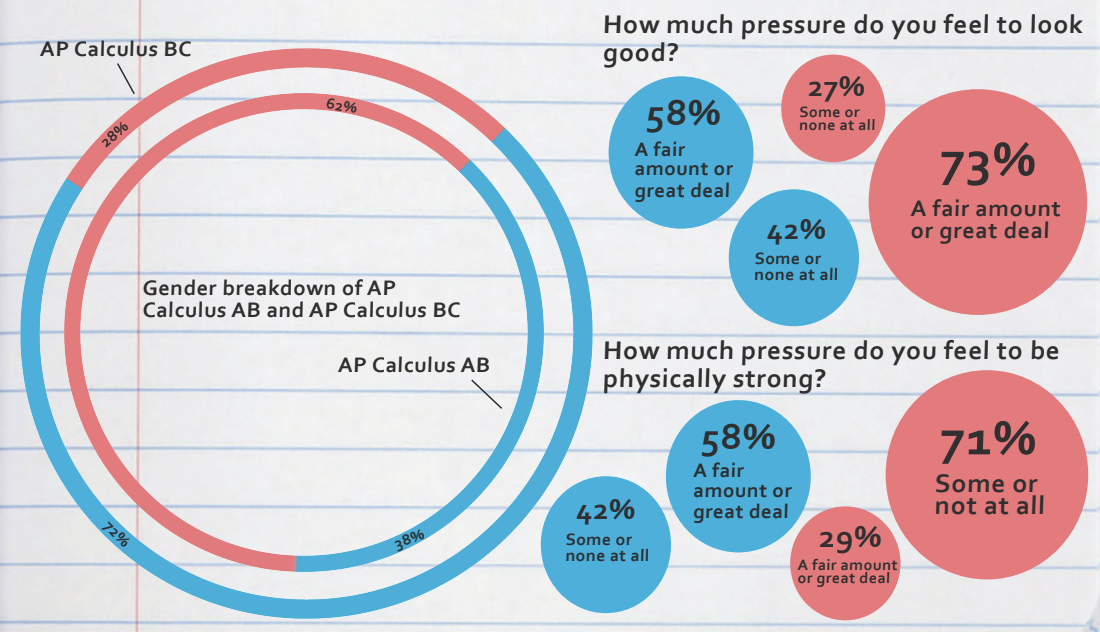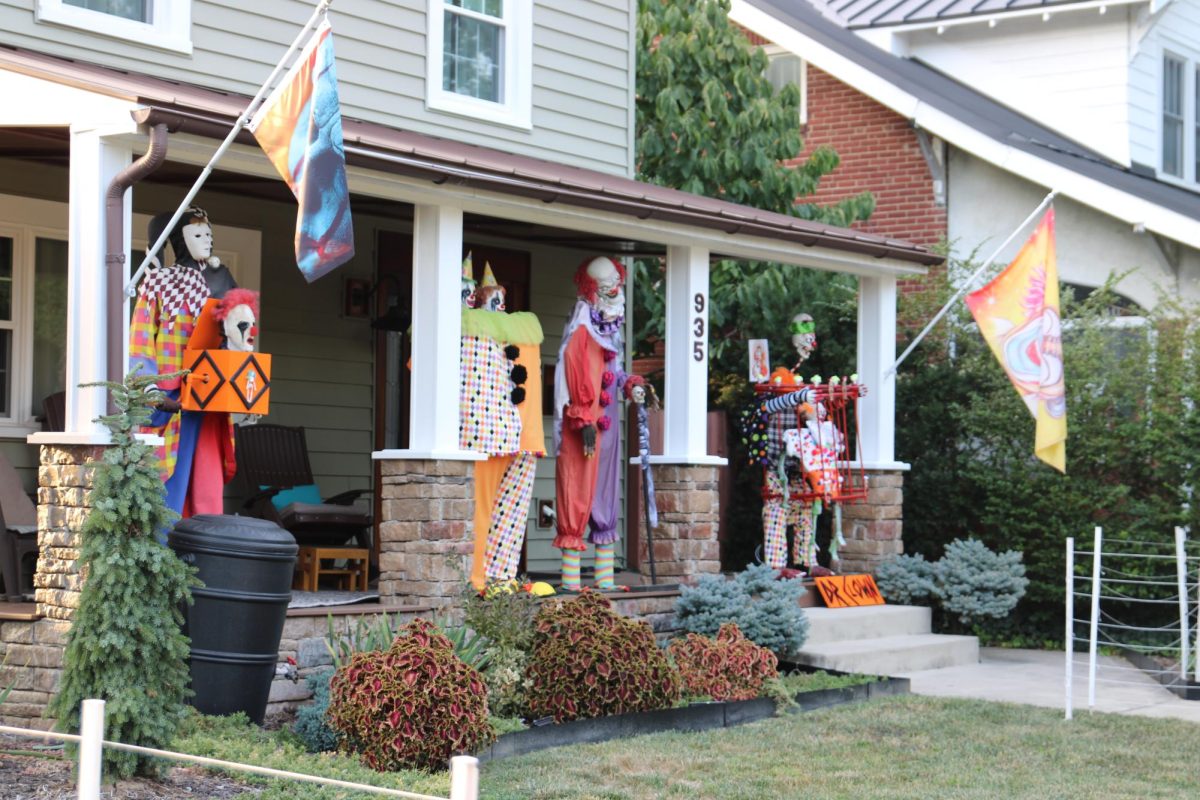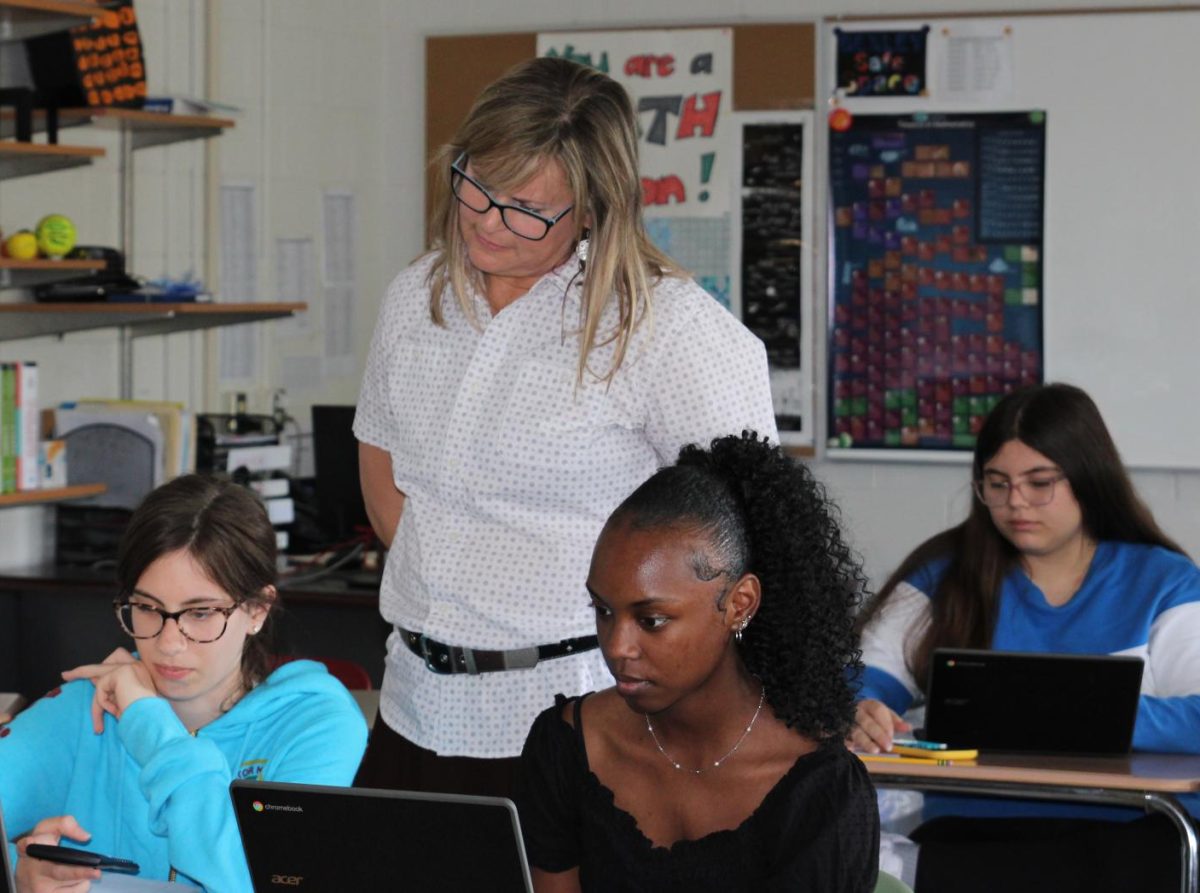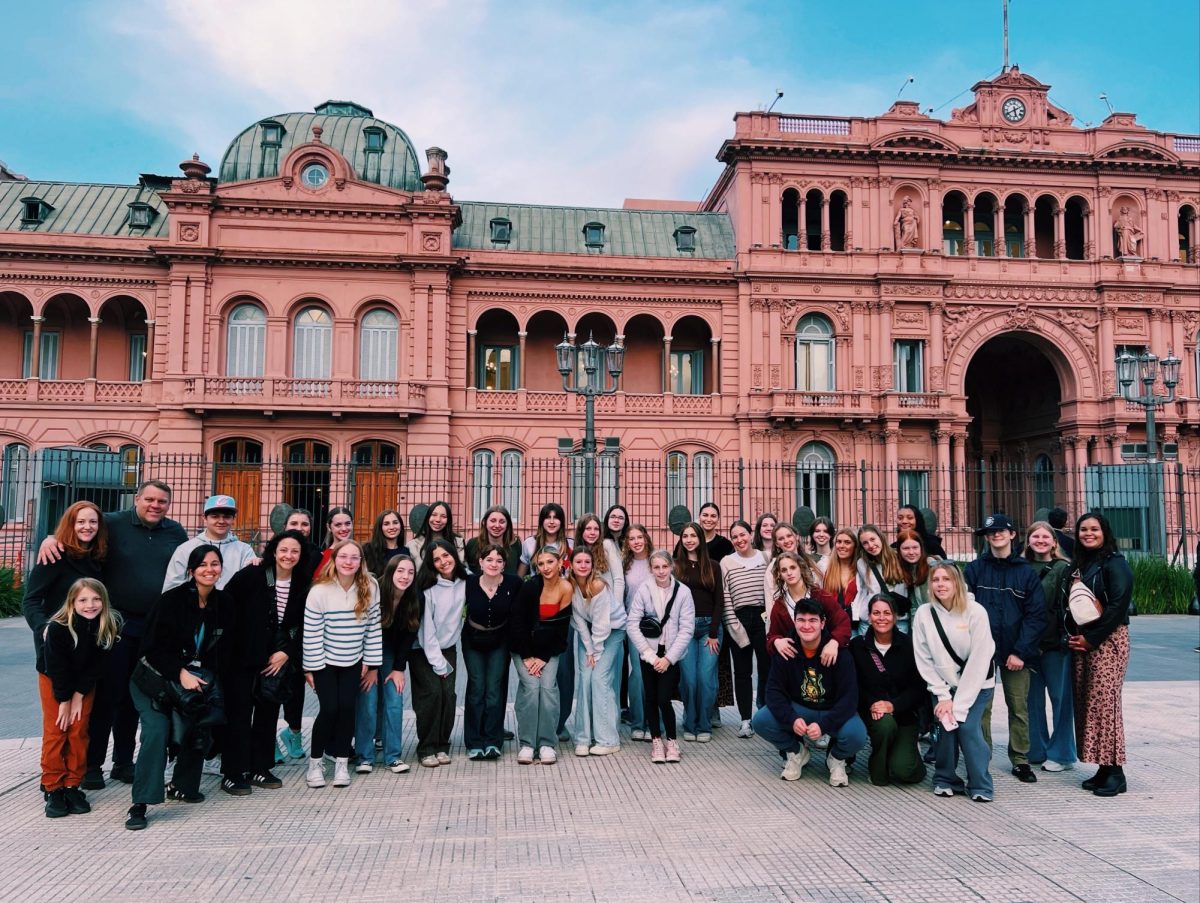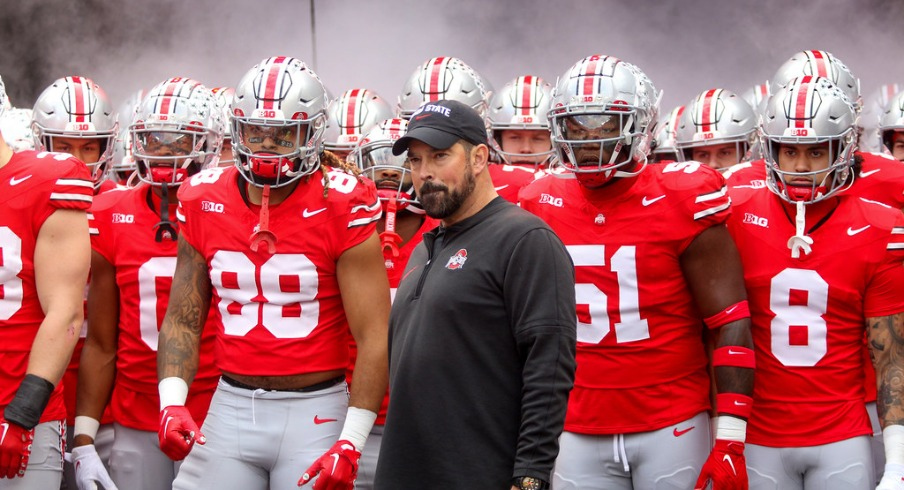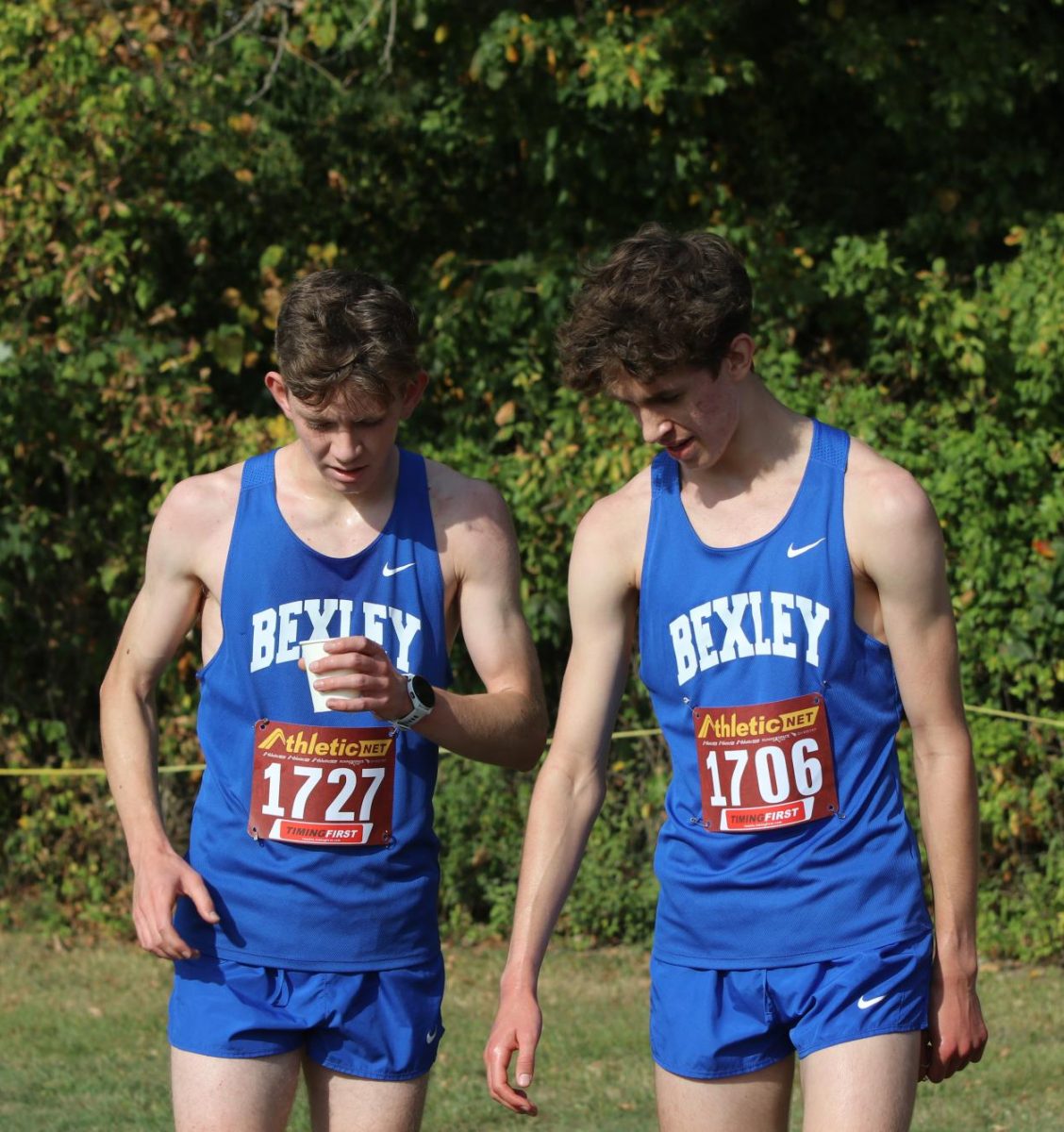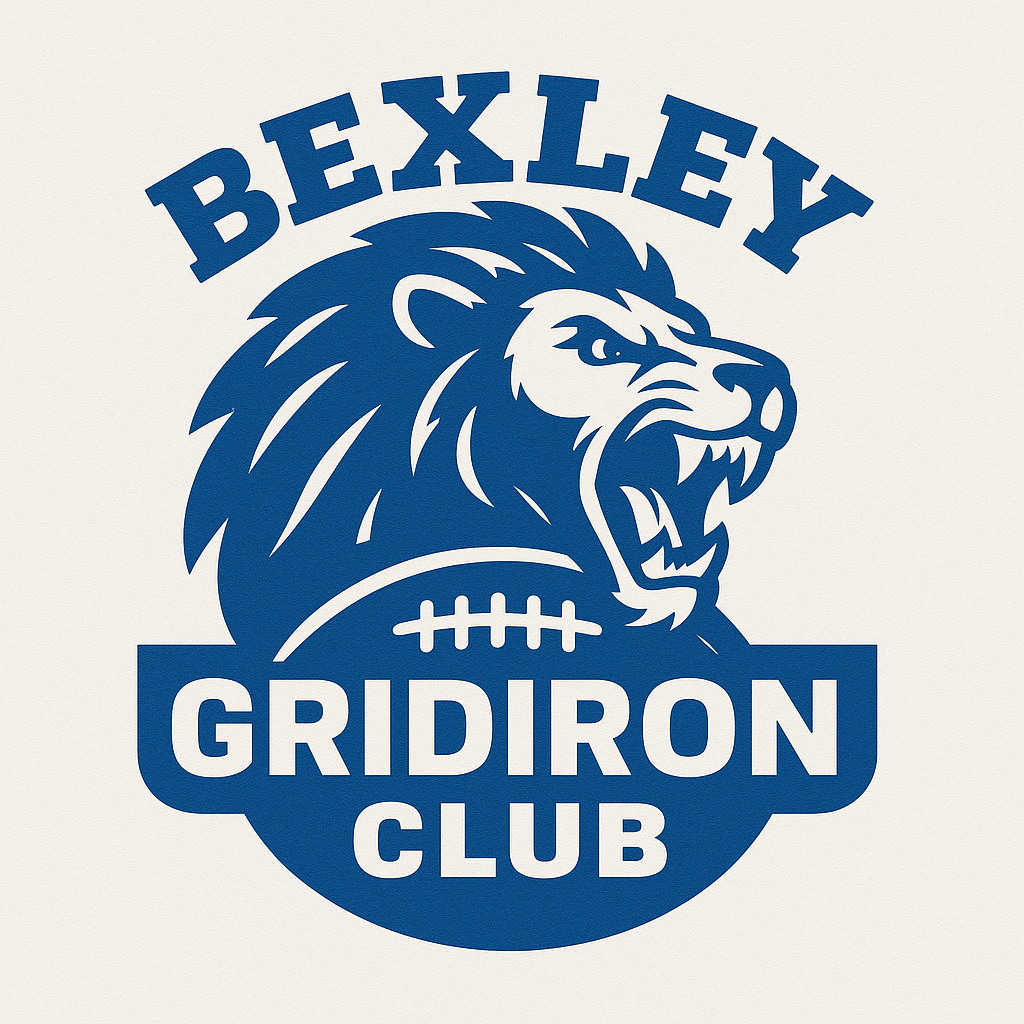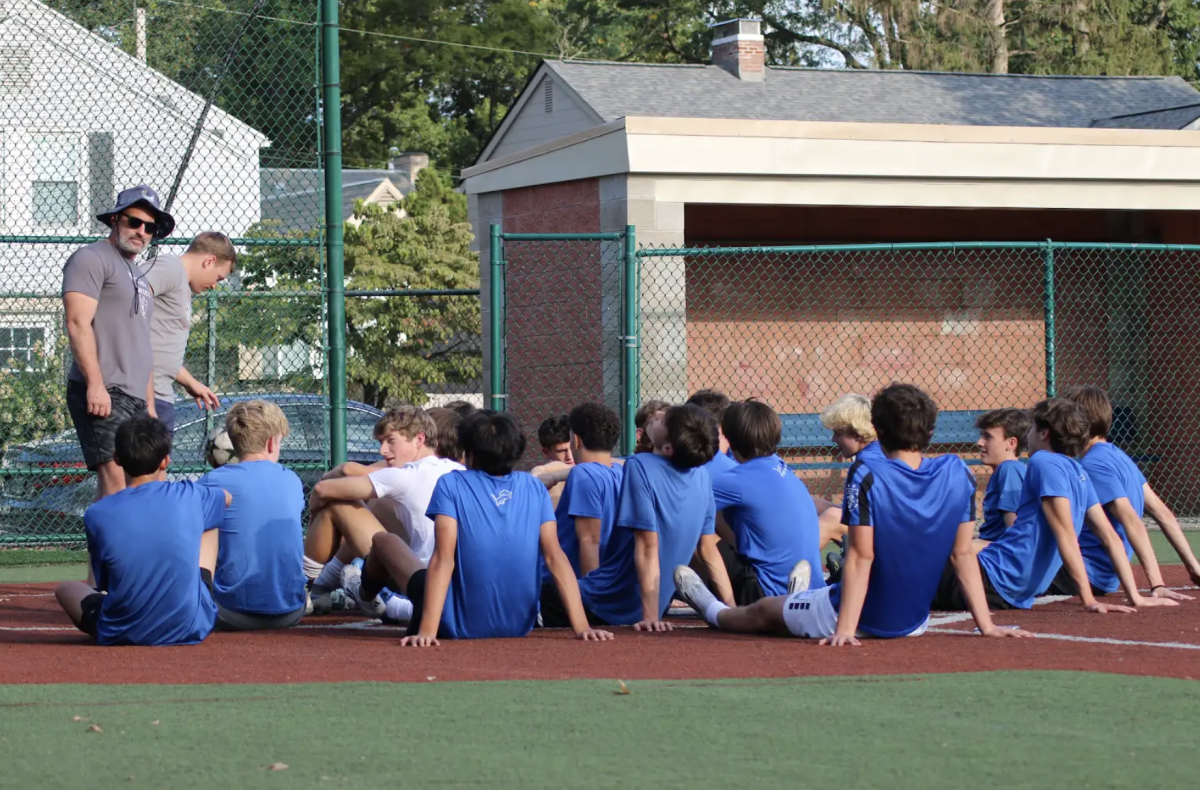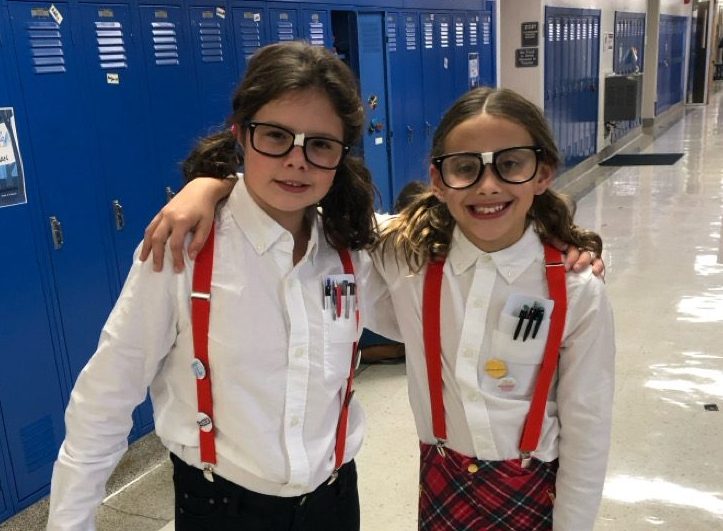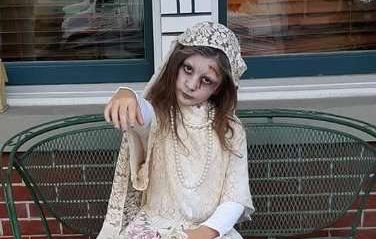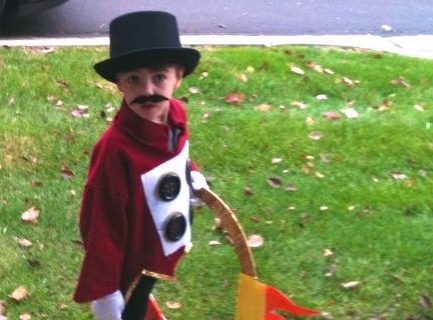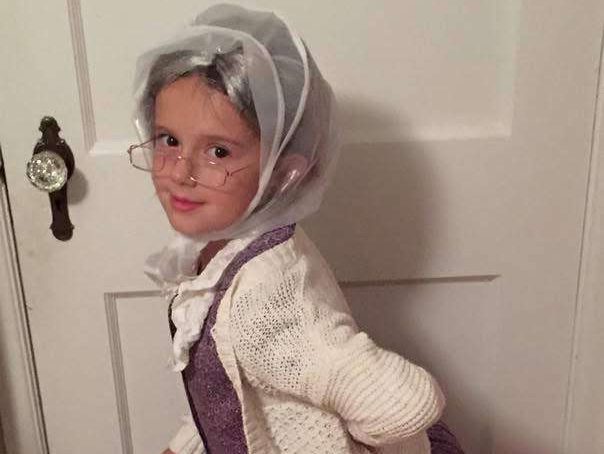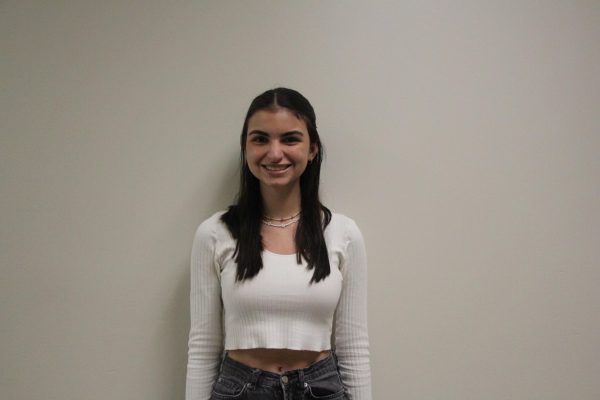Read more about Bexley’s LGBTQ+ community here and here.
Growing up, many feel as though they don’t fit in. They know there is some part of their identity that sets them apart. As time goes on, however, they discover that they’re a part of the LGBTQ+ community.
Being able to identify one’s gender or sexuality can be a relieving, freeing experience, but coming out to close friends and family can be nerve-racking.
Social studies teacher Dianne Day said she came out to her parents in middle school after realizing not everyone felt the same way as her.
Growing up, Day said she always found both boys and girls attractive. She said she thought everyone felt that way growing up, but conversations with friends and family made her think otherwise.
“I had crushes on boys, but I had crushes on girls too,” she said. “So I was kind of confused because [my friends] weren’t really talking about that.”
In the sixth grade, she said she came out to her parents as bisexual, and they both had negative reactions.
“My mom said that I was just confused,” Day said. “My dad said I couldn’t like both boys and girls and that I had to choose one.”
Over time, both of her parents have become more accepting of her sexuality, she added.
Her mom has been very accepting of other members of the community, and she quickly adapted to the new name and pronouns of one of Day’s friends. Her dad has also become more accepting to the community as other family members have come out as queer, she added.
“He’s supportive of the LGBTQ community, and I think it’s because of myself and my sister being part of that community,” Day said. “It kind of opened his eyes.”
After graduating from high school, Day said she stopped coming out to others, but instead became more open with her sexuality.
Now that she has been out for a few years, Day said she feels more comfortable because she doesn’t have to censor herself anymore, allowing her to express herself and be out to non-family members.
“Having my bi flag here in my classroom is something I never would’ve done before,” she said. “I feel proud to be open about my sexuality.”
Sophomore Sal Kessler had the unique experience of coming out twice. They explained that they first came out in the summer between sixth and seventh grade as a lesbian to their camp cabin, and everyone around them was supportive.
After coming out to their friends at summer camp, they quickly came out to their parents, Kessler said, but they feel like they should have waited a little longer.
“It kind of took [my mom] a second to adjust,” they said. “My dad was pretty cool with it, but they both had an ‘Are you sure?’ kind of talk with me.”
Growing up, there weren’t many obvious hints about their sexuality, they said. Looking back, there were a lot of things that made sense, they added.
“I would have random obsessions with female cartoon characters,” Kessler explained. “I would just think they were neat.”
Not long after coming out as a lesbian, they said they realized that they were bisexual and non-binary. Their parents took more time to adapt to this change, Kessler added.
“My mom didn’t use my pronouns for the first couple months,” they said. “She used my name, not my pronouns.”
As time went on, however, both of their parents better understood and adapted to their sexuality and gender, they said.
Junior Theo Croffoot-Suede also had the experience of coming out twice. He realized he was bisexual in the seventh grade, he said, and realized he was transgender in eighth grade.
Growing up in New York, he said he felt surrounded by queer culture. Before his transition, he thought he had a platonic relationship with one of his friends, but looking back, Croffoot-Suede said he realized he had a crush on his female best friend.
Coming out as bisexual was simpler than as transgender, he said. He came out to his friends one by one, and they were all supportive.
His experience being transgender was different, he said. He explained his first encounter with identifying as transgender was an advertisement he saw on a cab about a transgender woman who wasn’t able to use a public restroom because of her assigned sex at birth.
“My first thought was, ‘I’m so happy to not be one of them,’” he said.
When he was younger, Croffoot-Suede said he often disassociated and felt like he was in a video game, living life in the third person.
“It started to hurt to hear my own voice,” he explained. “There were six to seven years where I was constantly unable to feel as if I had my own body.”
Coming out as transgender was more complicated, he said. There isn’t much information about being transgender other than both the physical and mental pains, he explained, so he had to search more about the topic. His parents took some time to learn about the issue and understood more as time went on, he added.
Croffoot-Suede said his friends were also supportive of his journey and identity.
“I asked them to try a new name, different pronouns and kind of experimented,” Croffoot-Suede said. “If I wasn’t given the freedom to experiment with a thousand different things, then I would have never realized who I was.”
Since last summer, Croffoot-Suede said he has been taking hormones to advance his physical transition. The process has been slow, but it feels good to be out and exist happily, he said.
“Now I can hear my own voice, and it sounds like my own voice,” he said.
Croffoot-Suede said he feels at peace now that he is out.
“Coming out was never about other people knowing,” he explained. “It was more about me knowing that what I felt was real.”

